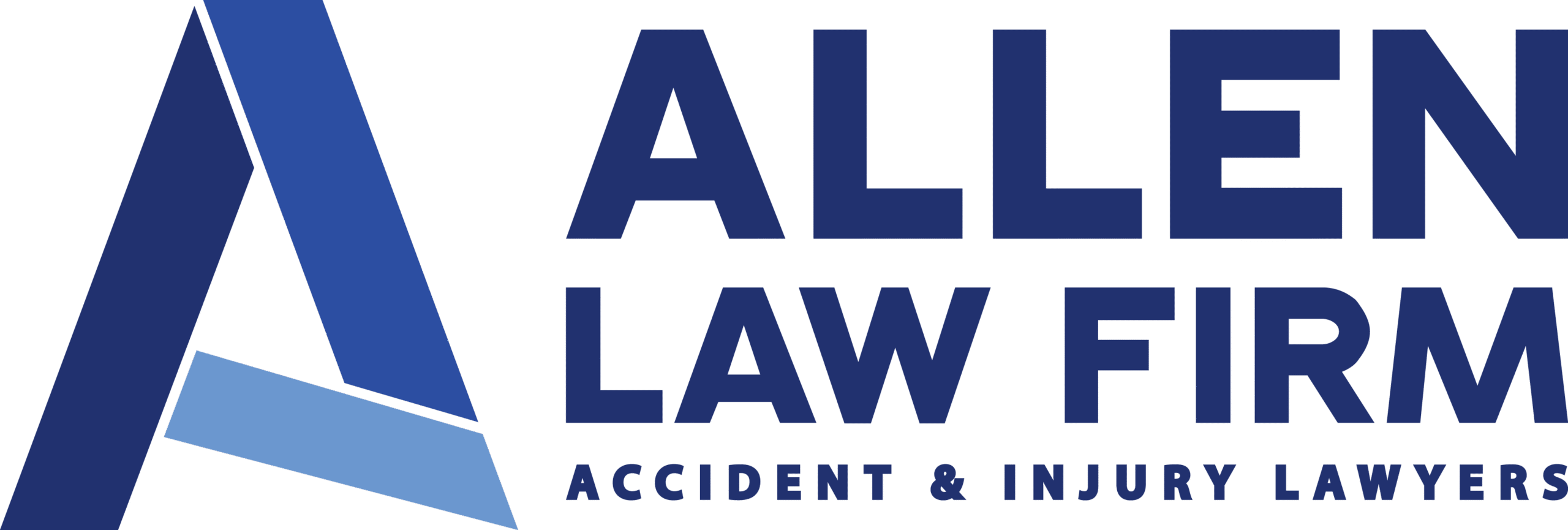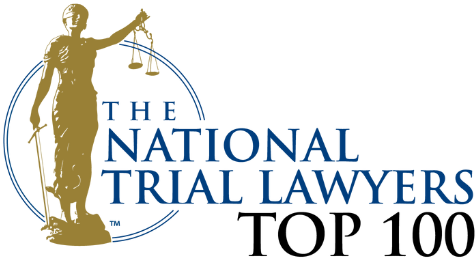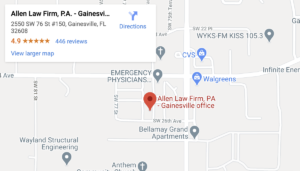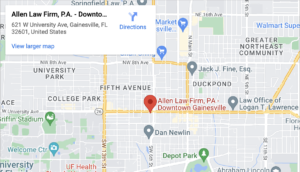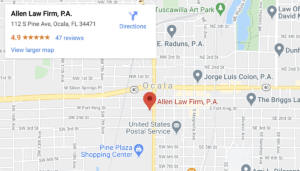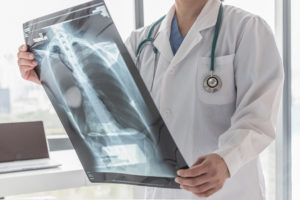
Your chest contains organs vital for your survival. A chest injury can cause long-term health effects or even death.
Unfortunately, chest injuries happen frequently. Almost every car accident will result in a chest injury from the seat belt or airbag. But the most serious injuries will happen when vehicle occupants fail to wear a seat belt at all and hit the steering wheel or dashboard.
A chest injury can be devastating. With this in mind, here is some information about chest injuries and the compensation you can seek for them.
The Importance of the Chest
Your chest protects and contains your heart. It also contains the major blood vessels running from the heart, such as the aorta and the pulmonary artery. Unlike blood vessels in the rest of your body, 100% of the blood circulating in your body passes through these arteries.
Your lungs and the blood vessels connecting them to your heart also sit inside of your chest. The trachea connects your nose and mouth to your lungs. The trachea runs through your chest.
At the bottom of your chest is your diaphragm. This muscle forces the lungs to expand and contract.
Your ribcage protects the organs in your chest. At the front of your body, the ribs connect to the sternum through cartilage. In your back, the ribs connect to your spine through ligaments.
Several large muscle groups sit over your ribcage. These muscles and tendons help you support your body, move your arms, and twist and bend your back.
How Do Chest Injuries Happen?
Chest injuries tend to fall into three basic categories:
Blunt Force Chest Injuries
A blunt force injury happens when an object hits your chest without breaking the skin. Getting hit in the chest by a car could cause a blunt force chest injury. Similarly, hitting your chest on the ground after a slip and fall accident could cause a blunt force injury.
Penetrating Chest Injuries
A penetrating chest injury occurs when an object pierces the skin of your chest. The spacing of the rib cage will often block objects from entering the chest cavity.
However, an object could impact your chest between ribs and penetrate your chest. Alternatively, an object propelled by powerful forces could push the ribs aside. A construction accident where you fall onto a piece of rebar could produce a penetrating chest injury, for example.
Blast Chest Injuries
Blast injuries result from pressure waves caused by explosions. The pressure wave can squeeze your lungs. The pressure on your lungs can cause the small air sacs in your lungs to burst. This injury leads to a condition called pulmonary barotrauma.
These types of injuries usually happen in combat or during terrorist attacks. But they can also happen during workplace accidents involving demolition, mining, or gas line repair.
Examples of Chest Injuries
Chest injuries can range from minor to life-threatening. Some examples of chest injuries include:
A Strained Chest
Muscles and tendons support your body and make it move. Trauma can stretch or tear your muscles and tendons causing a strain.
Symptoms of a strained chest muscle or tendon include:
- Pain
- Inflammation
- Limited range of motion
- Muscle spasms
- Bruises
A strained chest will usually heal in a few weeks with rest, ice, and anti-inflammatory drugs. Doctors rarely operate to repair a muscle or tendon strain.
After your strained muscles or tendons heal, your doctor may prescribe physical therapy to help you regain strength and flexibility in the injured muscles.
A Dislocated Rib
Ribs can get pushed out of place by trauma. The cartilage connecting your ribs to your sternum can tear. The ligaments that connect your ribs to your spine can stretch or tear.
Symptoms of a dislocated rib include:
- Pain when moving or breathing
- Cough
- Swelling
Contrary to popular belief, cartilage can regrow. Similarly, torn ligaments can heal. But healing from torn cartilage or ligaments takes time and rest.
After you heal, you may not have the flexibility that you did before your injury. Replacement cartilage usually lacks the flexibility of your original cartilage. Unfortunately, stiff scar tissue can also form on the healed ligament.
Broken Ribs
Trauma can fracture ribs. A fractured rib can cause pain and instability in your chest. Worse yet, the fractured end of your rib can pierce your chest cavity and damage organs and tissue.
Most broken ribs heal within six to eight weeks. Since doctors cannot immobilize a rib with a cast, they will usually prescribe rest and limited activity. As a result, you might need to take time off from work or change your work activities until your rib heals.
A Collapsed Lung
When the chest lining gets pierced by a penetrating injury, air can rush into your chest cavity. The air pressure squeezes your lungs, causing them to collapse.
A collapsed lung requires emergency treatment. Doctors suck the air from the chest cavity so the lung can expand. They repair the wound to prevent air from seeping into the chest cavity.
A collapsed lung could cause death, particularly in accident victims who suffered other trauma in the accident.
Cardiac Tamponade
A sac called the pericardium surrounds the heart. When the pericardium gets pierced, the sac can fill with fluid. The pressure of the fluid can squeeze the heart and cause it to stop beating.
Aortic Dissection
All of the blood in the body passes through the aorta. When the aorta gets severed, you can bleed to death in a matter of minutes.
Compensation for a Chest Injury
When you suffer an injury due to someone else’s negligence, you may be able to pursue compensation for the harm that you faced. Your compensation can potentially cover both your economic and non-economic losses.
When you suffer a chest injury, you could have substantial economic losses. Depending on the severity of your injury, you might undergo extensive emergency medical treatment. You might also require significant time off of work. Even a dislocated or broken rib might force you to spend several weeks away from work.
Your compensation should cover your medical bills and lost wages or salary.
In many cases, you can also seek non-economic damages. These damages compensate you for your diminished quality of life, including your physical pain, mental suffering, and inability to participate in activities important to you.
With a chest injury, you might suffer pain and depression. You might also need to take significant time to rest rather than engage in your usual activities.
To discuss your chest injury and the compensation you can seek for it, contact the Gainesville personal injury lawyers at Allen Law Accident & Injury Lawyers to schedule a free consultation.
